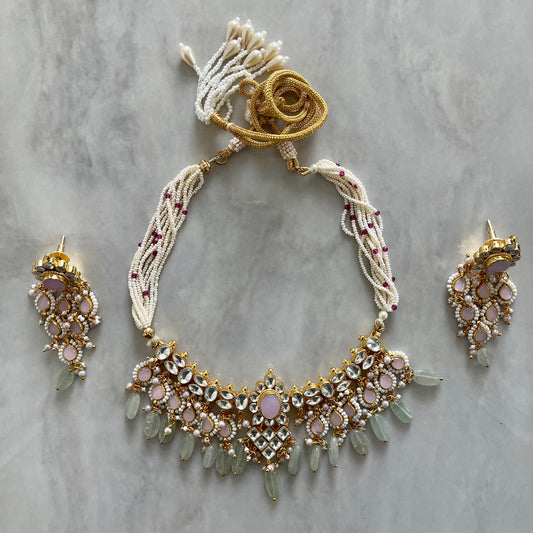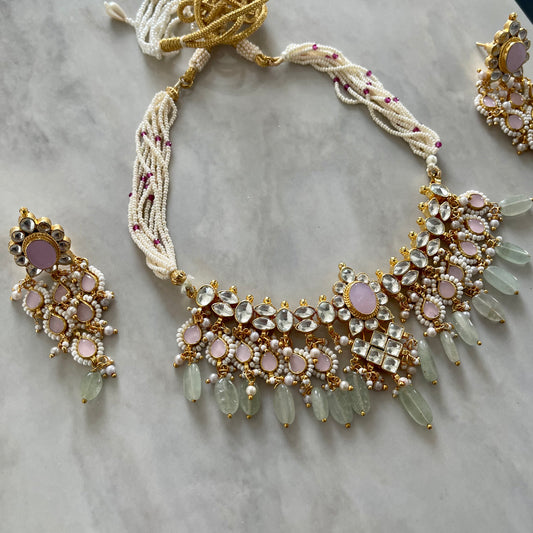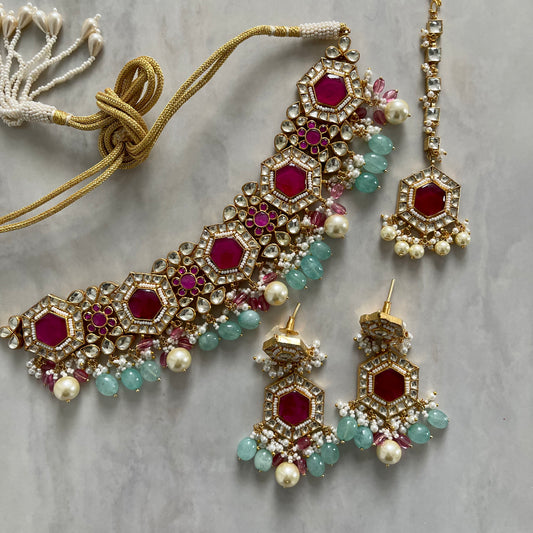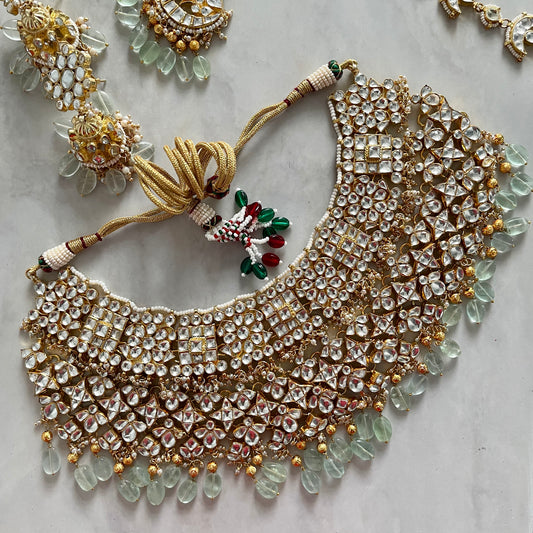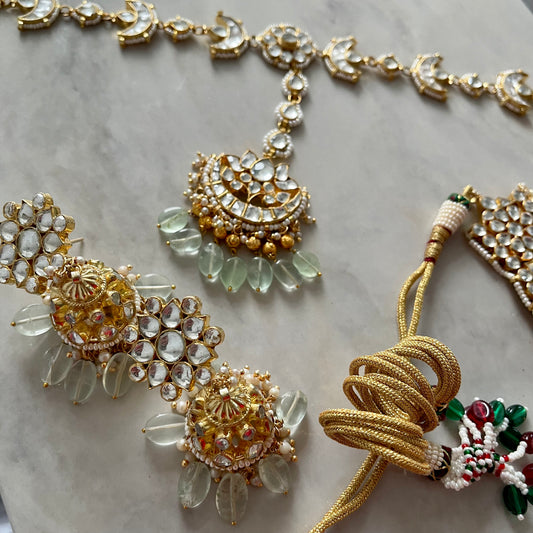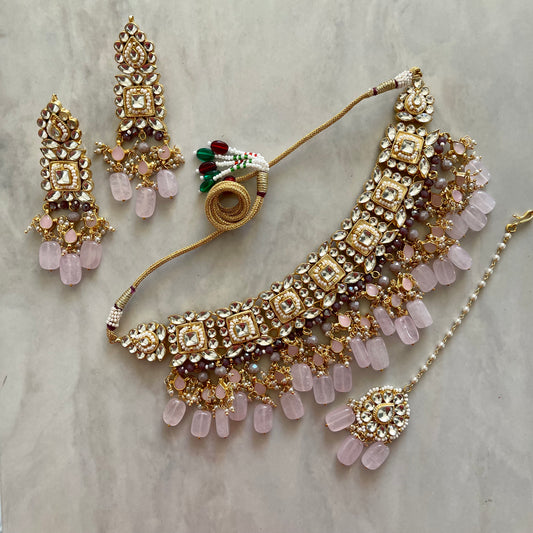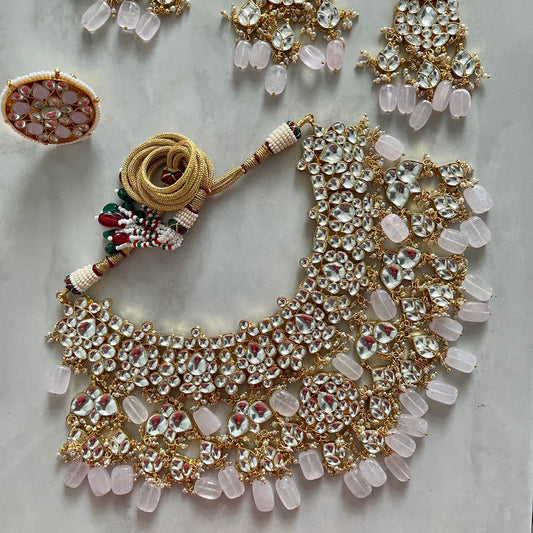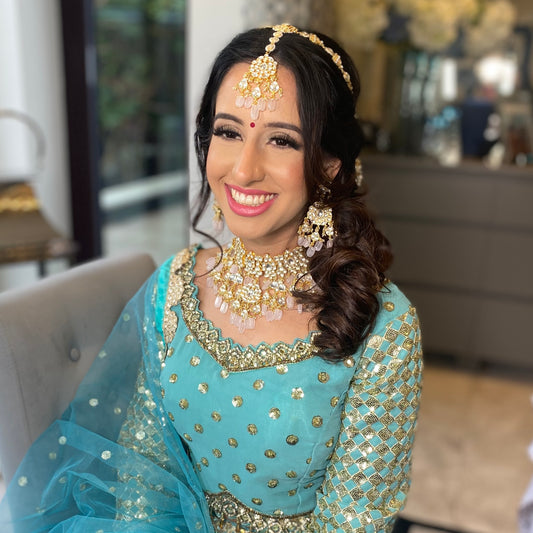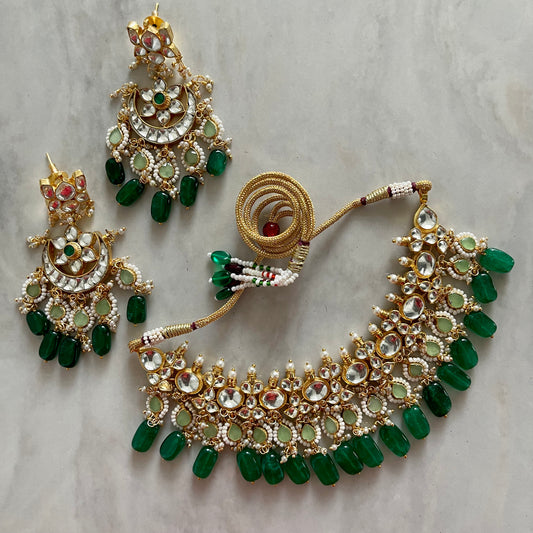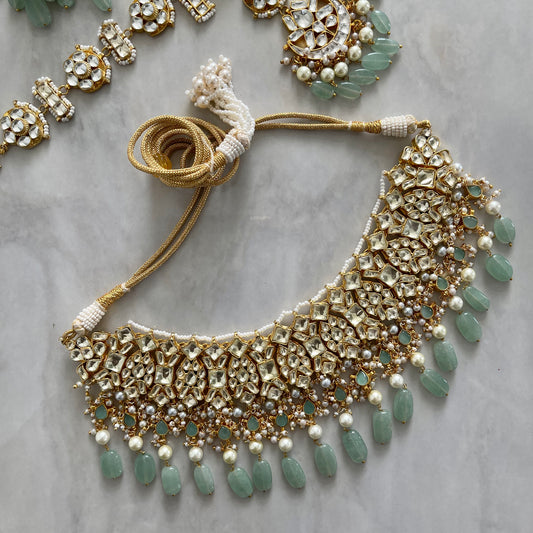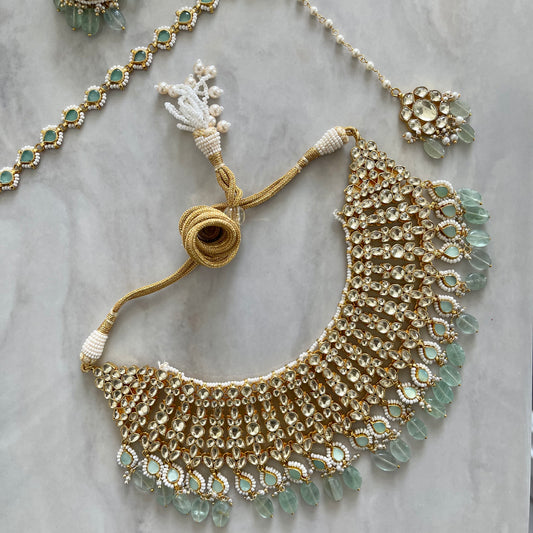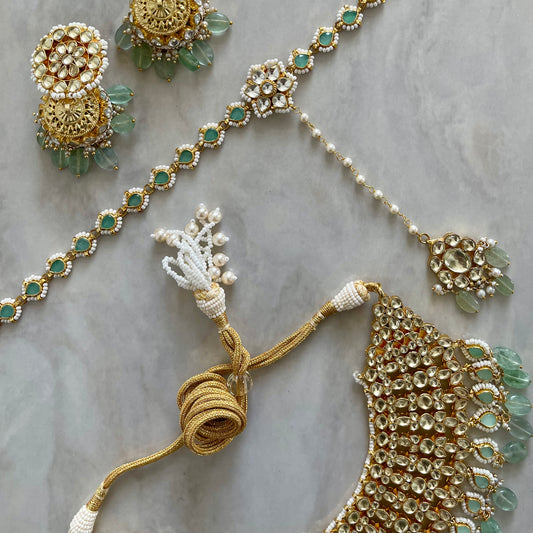Indian weddings are known for their grandeur, festivities, and the plethora of rituals and ceremonies that are involved. Planning an Indian wedding can be a complex and time-consuming process, but with a systematic approach, it can be an enjoyable experience for all involved. In this blog post, we will discuss the various stages of planning an Indian wedding.

Image VIA @instyleevents
Stage 1: Wedding Dates
Setting a wedding date is an important part of the wedding planning process and usually happens early on in the planning stages. The timing of setting the wedding date can vary depending on the couple's preferences.
Here are some factors to consider when setting a wedding date:
-
Season: The time of year can play a significant role in setting the wedding date. Many couples prefer a particular season or month for their wedding, depending on factors such as weather, availability of vendors, and personal preferences.
-
Venue availability: It's essential to check the availability of the wedding venue before setting the date. Popular venues can book up quickly, so it's advisable to book well in advance.
-
Family and friends' availability: Consider the availability of important family and friends, such as parents, siblings, and close friends. It's a good idea to consult with them and check if they have any scheduling conflicts or prior commitments.
-
Holiday schedules: Avoid setting the wedding date on or around major holidays, as this may affect the availability of guests and vendors.
Once you have considered these factors, it's a good idea to select a few possible dates and check the availability of vendors such as temple, caterers, photographers, and entertainment before finalizing the date. This will ensure that everything is in place for the wedding and that all important guests and vendors can be present on the big day.
Stage 1.2: Guest List
In parallel to the wedding date it would be a good idea to get a rough idea of the number of people you are looking to have at your wedding, Indian weddings are usually large gatherings, so it's essential to have a clear idea of how many guests you're inviting. When you have a rough number you can then look at Venues and the capacity and the costs of the each of these lavish venues.
Stage 1.3: Budgeting
The first step in planning an Indian wedding is setting a budget. Indian weddings can be expensive affairs, and it's essential to have a clear idea of how much you're willing to spend. Dates can play a big part along with the number of guests on the cost of a venue, please keep that in mind.
Consider all the expenses involved in the wedding, such as venue, decor, catering, photography, and transportation, and allocate funds accordingly. It's also crucial to factor in unexpected expenses that may arise during the planning process.
Stage 1.4: Research Costs
Along side all the above I would start contacting vendors to get an idea of the costs and that way you can start to refine vendors that are more fitting to your budget, date and number of people attending.
Stage 2: Catering & Venue Selection
Indian weddings are known for their delicious and elaborate spreads, and the food is an essential part of the festivities. Consider the type of cuisine you want to serve and the style of service, such as a buffet or sit-down dinner. It's also essential to consider dietary restrictions and preferences of your guests.

Image VIA @Instyleevents
A lot of London based venues are booked through the catering company for example you may have a venue in mind and they only take on certain catering companies such as Madhu's, if this is the case then you would need to contact Madhu's to get the ball rolling. In other cases you may have your heart set on a certain catering company such as Ragasaan, if this is the case you would contact Ragasaan and if you have a venue in mind you can ask them if they cater their, alternatively you may not have thought of a venue and you can ask the wedding planners at the catering company to help you out with finding the right venue for the right number of guests.
Other areas in the UK also have venues with in-house catering and different areas of the country have certain catering companies that do travel and some that don't.
Stage 3.1: Entertainment and Music
If you have put down your deposit you can go ahead and look into the entertainment for the wedding reception. As you now know the space of the venue and potentially the kind of theme you want, you can relay this to the oragiser of the lighting and staging people at the entertainment company. Indian weddings are incomplete without music and dance, and it's essential to have the right entertainment to keep your guests engaged. Consider hiring a professional DJ or live band that can play a variety of music, including traditional and modern hits. You can also include traditional dance performances or games to keep your guests entertained.
Stage 3.2: Wedding Decor
The decor is an essential part of any wedding, and it sets the tone for the entire event. Indian weddings are known for their opulent and colorful decor, and there are several elements to consider, such as flowers, lighting, drapes, and props. Work with a professional decorator who can help bring your vision to life.
Stage 4: Wedding Invitations & Stationary
The wedding invitation is the first formal announcement of your wedding, and it's crucial to get it right. Indian wedding invitations are usually elaborate and come in a variety of styles, including traditional and modern. Choose a design that reflects your personal style and complements your wedding theme.
Don't forget other items during this stage such as suit bags, matahi boxes, wedding invite boxes.

Image VIA @esgeeartdesign
I have chosen for this to be further down the list as the invite's would need to incorporate dates, times & locations along with the fact that they are sent out a couple of months before the wedding. There is room for amendments and updates to the theme so I would wait until most things are pretty set to start this process.
Stage 4.1: Photography and Videography
Finally, the wedding memories need to be captured, and hiring a professional photographer and videographer is essential. Look for experienced professionals who have worked on Indian weddings before and can capture all the important moments and rituals. You may have a pre-wedding shoot also and this maybe abroad in your home country, so consider the timing of booking this in.
In conclusion
Planning an Indian wedding can be a complex and time-consuming process, you will find that a lot of the above stages don't matter which order you do it in as long as they get done. You will also go back and forth a lot in parallel with all the stages listed here until the big day itself, and in some cases such as photography even after the wedding.
It can be an enjoyable experience and stress free if you let it be! By following these stages and working with experienced professionals, you can create a memorable and beautiful wedding that reflects your personal style and traditions.


